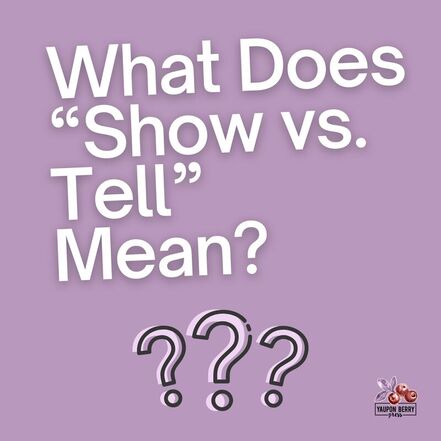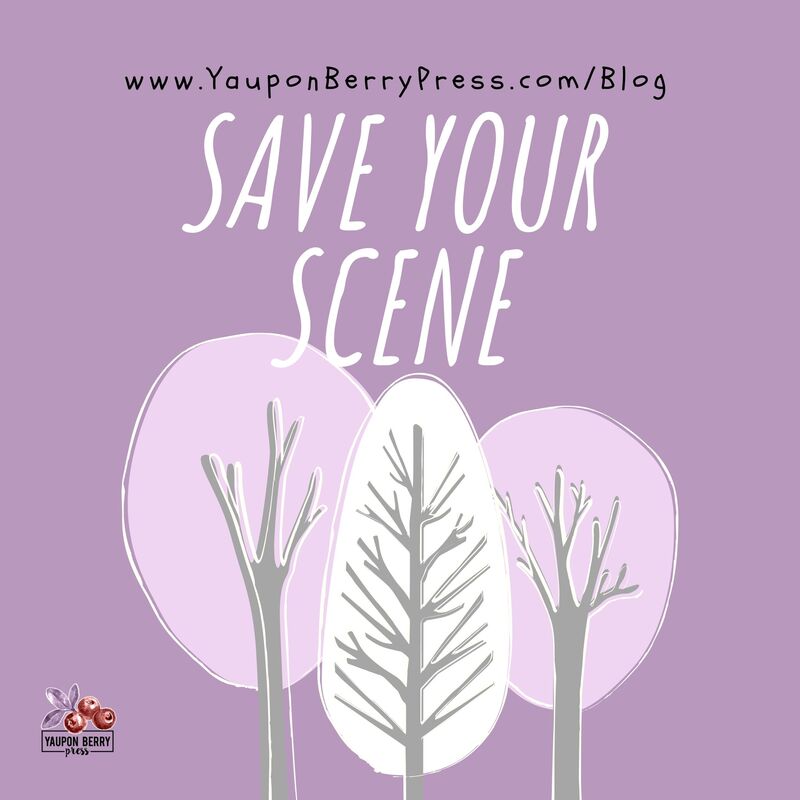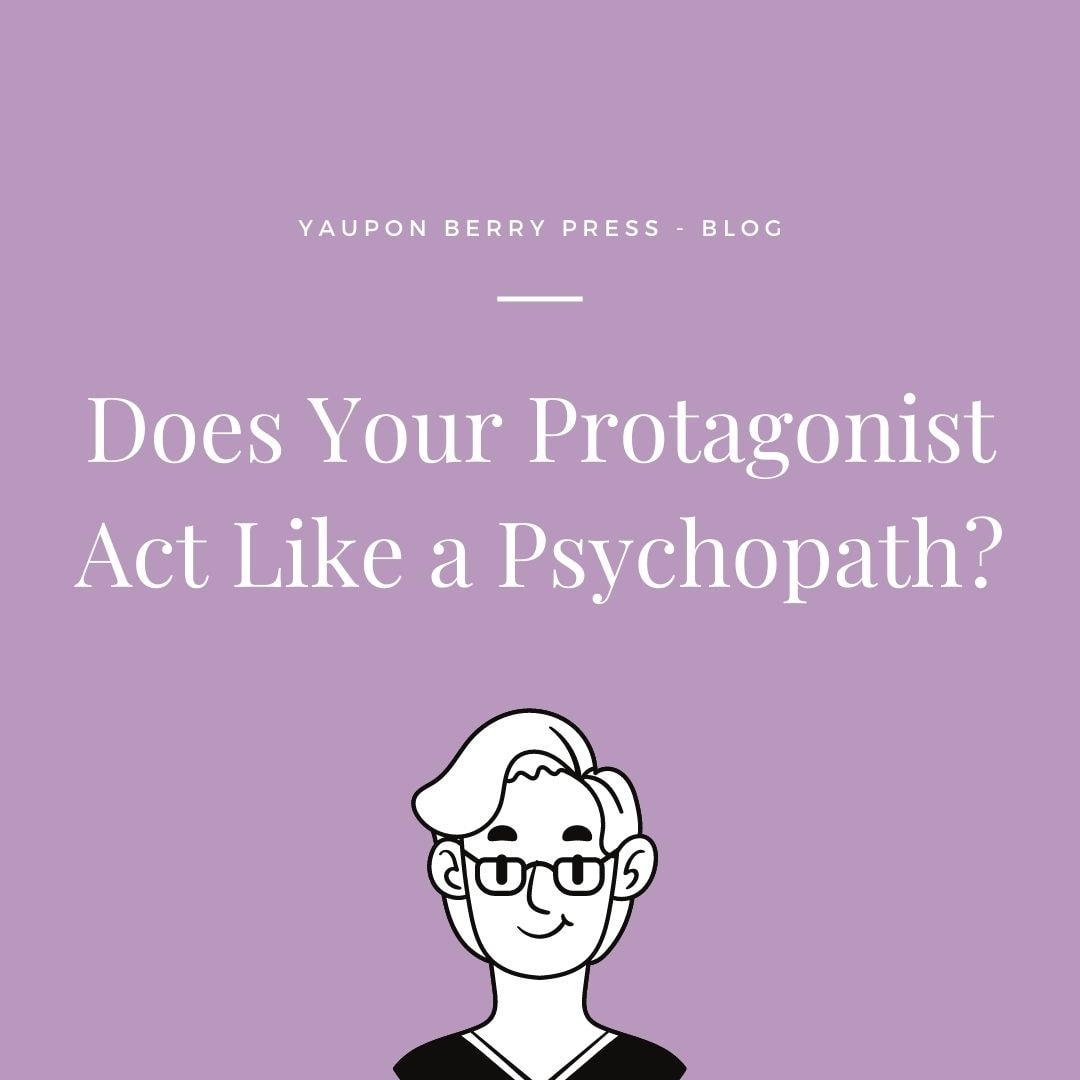|
What does “show versus tell” mean? For new writers, this can be a confusing phrase. First, let me state: it’s okay to tell. But in my opinion, showing is more appropriate in many instances, especially if you want the reader to notice something in particular. Common Mistakes As an editor, I come across many places in scenes and chapters better suited for showing. For today’s post, I’m focusing on a single mistake. There are other aspects of showing, but this one is easier to understand, and I come across it regularly. Does this “show vs. tell” mistake come at the beginning, middle, or end of a book? It can happen anywhere in the book, but it takes the place of a scene you’ve been building tension toward. The scene that the reader can't wait to read, whether the scene shows a confrontation between two main characters, a rendezvous, or anything revealing conflict or passion. Some authors tend to glaze over these scenes because, inwardly, they’re scared to write them. When these types of scenes are neglected, the writer ends up “telling” the reader what occurred, rather than “showing” the reader the event occurring. Example For instance, maybe your reader has been waiting for a particular ski trip to take place. In this scenario, there’s been buildup prior to the scene, and the reader has been itching to find out how the main character reacts and interacts and overcomes the conflict that may or may not happen during the ski trip (let’s hope there’s lots of conflict!). But instead, the author writes a paragraph or two about what happened on the trip, completely neglecting to “write out” the exciting scenes the reader was hoping to experience. Instead of taking the reader for a ride on the ski lift, showing the protagonist rooming with an enemy on the trip, getting stuck outside in their bathing suit (or skivvies) in the snow, holding hands for the first time with a love interest, etc., the writer gives a brief summary of the entire trip in one or two paragraphs. So much could have taken place on that trip, but the author was afraid to write it, so they summed up the experience. Don’t do this to your reader! If you find yourself summing up critical events, don’t worry, you’re not alone. There have been times the little voice in the back of my head told me to write out a scene, but instead, I chose to tell the reader what happened. Then when I sent my manuscript to my editor, she pointed out my mistake. It turns out that little voice in the back of my head had been right, and I shouldn’t have shied away from writing the scene(s). And neither should you! Still Unsure About Show Versus Tell? If you’re unsure about whether or not you’re showing versus telling, don’t worry. Send your manuscript to me for an edit, and I'll let you know. If you’re not one of my clients yet, then what’s holding you back? Email me. I offer free sample edits for the first 500 words.
Related Blog Posts

Are you an author in need of editing services?Enter your contact details, and we'll send you the information for our services. Thank you!
1 Comment
|
Archives
October 2021
Categories
All
Follow us on Facebook & Instagram for promotions and updates!This website uses marketing and tracking technologies. Opting out of this will opt you out of all cookies, except for those needed to run the website. Note that some products may not work as well without tracking cookies. Opt Out of CookiesHome | Services | About | Contact | FAQ | Blog |
Books | Site Map Yaupon Berry Press LLC, PO Box 9804, College Station, TX 77842 (USA) Phone: (979) 218-7292 Email: [email protected] |







 RSS Feed
RSS Feed


